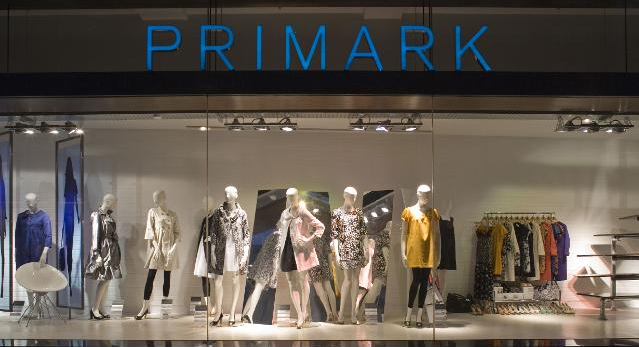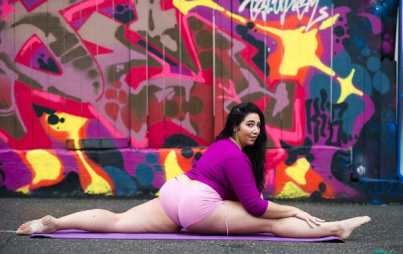
Primark, the fast fashion label famous for creating the £3 tee shirt (that’s just over 5 bucks y’all) is coming to America. The brand announced its first US location will be in Boston in the former home of Filene’s Basement (RIP Filene’s—gone but not forgotten) and is slated to open in 2015.
Though Primark started as a Dublin clothing store named Penney’s in the late 60s, it has grown to 268 stores, mostly in England, Ireland and Spain, and is known for pioneering the £20 outfit (Yep, that’s roughly $33.50—a whole outfit for the price of a bottomless mimosa brunch).
While $5 tees sound pretty awesome, we’d argue that we have enough fast fashion brands fighting for our dollar. Primark will have strong competition here, and not just from established US brands like Forever 21 and Gap, but from all the global brands that have infiltrated the US market, including England’s Topshop, Spain’s Zara, Japan’s Uniqlo and Canada’s Joe Fresh. More competition means lower prices, which means brands will have to produce garments more cheaply then they already do, which means even cheaper labor.
Primark is no stranger to cheap, unregulated labor. The label made headlines last year (one year ago today, ironically. Nice timing on this expansion announcement, Primark) for its involvement in the Rana Factory collapse in Bangladesh, which killed 1,133 factory workers and injured 2,500. Primark was one of 28 western fashion brands manufactured in the factory, and has since paid over $15 million in victim compensation (just a tad short of it’s preliminary $40 million dollar pledge).
While people blamed the factory owners, fashion brands and the Bangladeshi government for the catastrophe, isn’t the global community’s demand for cheap labor truly the one to blame? In 1997, the average woman bought 19 pieces of clothing a year; in 2007, she bought 34 pieces. Why do we need all of this cheap “disposable” clothing? The very word “disposable” implies that it will literally disintegrate upon use. We are creating a purchase cycle that causes thousands of women and children to work ten hours a day, six days a week, for $1.50 an hour, just so we can have a sequin tube dress that costs less than $40.
Does this mean we should boycott all fast fashion brands? That’s probably an unrealistic plan, but we could start to care a little bit more about where our clothes come from and invest our money into brands that also care. New ecommerce brands like Everlane and Cuyana are aiming to shift the consumer focus from buying more cheap clothes, to investing in fewer, better clothes. Instead of buying three tissue paper-grade dresses for $18 a pop, why not just buy one cotton dress for $75?
Everlane’s tees start at only $15. Sure, it’s three times what I’d pay at Primark, but at least I can sleep at night.
Image: c/o Primark






